Politics
Javier Milei and Victoria Eugenia Villarruel were sworn in as President and Vice-President of Argentina
The presidents were sworn in at the Congress of the Nation where the oath and ceremony of transfer of power to Milei took place, with the presentation of the Presidential Sash and Baton by the former President, Alberto Fernández.
The Legislative Assembly began at 11:14 a.m., with the customary ringing of the bell, and was presided over by the outgoing Vice-President Cristina Fernández de Kirchner, who, accompanied by the President of the Chamber of Deputies, Martín Menem, and the outgoing Parliamentary Secretary of the Senate, Marcelo Fuentes, welcomed the presidents and former presidents of Argentina, legislators, governors, foreign delegations and guests to the Chamber of Deputies.
At the beginning, the interior and exterior reception committees were formed to receive the president-elect on his arrival in Parliament, and a fourth intermission was held until Milei and Villarruel entered the chamber.
The Foreign Affairs Commission was composed of the following senators: José Emilio Neder, Alfredo Luis De Angeli, Gabriela Valenzuela, Ezequiel Atauche, Enrique De Vedia and deputies: María Graciela Parola, Julio Pereyra, Marcela Pagano, Gabriel Bornoroni, and Francisco Monti.
The Interior Committee was made up of the following senators: Marcelo Lewandowski, Eugenia Duré, Victor Zimmermann, Lucila Crexell, Juliana Di Tullio, and deputies: Gladys Medina, Andrea Freites, Javier Santurio Rodríguez, Lorena Villaverde and Cristian Ritondo.
Javier Milei arrived at Congress at 11:46 a.m. and was received by Cristina Fernández de Kirchner, the President of the Chamber of Deputies Martín Menem together with the legislators of the commissions.
Milei and Villarruel proceeded to sign the Books of Honour of the Honourable Senate of the Nation and the Chamber of Deputies of the Nation, in the “Salón Azul”.
Then, Milei and Villarruel looked at the original copy of the National Constitution and went to the Chamber of Deputies to take the oath, as is customary, before the Legislative Assembly.
The outgoing vice-president invited Milei to take his oath in front of the senators and deputies of the Nation. From the centre of the podium, he read out his oath. The President did it for God, the Fatherland and the Holy Gospels”.
Subsequently, the outgoing President Alberto Fernández entered and proceeded to hand over to his successor the presidential attributes, the sash and the baton. He then left the room.
Afterwards, Fernández and Milei signed the corresponding act together with the Notary General of the Nation.
The Vice-President of the Nation was then sworn in “by God, the Fatherland, the Holy Gospels”, and ended by saying that “God, the Fatherland, demand it of me”.
Finally, the new vice-president Victoria Eugenia Villarruel took the floor and expressed that “on behalf of the president Javier Milei and myself, I would like to thank each one of you for your presence, for accompanying us on this historic day. It is a moment that will remain in our hearts and we want to thank you for this gesture of accompanying us from all countries and provinces”. And he closed the Assembly.
After the swearing-in, Milei, who became the eighth elected president since the restoration of democracy in 1983, went to the steps of Congress to deliver his first speech.
National and international leaders and former leaders took part. Among those present were Felipe VI (King of Spain); Jair Bolsonaro (former President of Brazil); Viktor Orbán (Prime Minister of Hungary); Volodímir Zelensky (President of Ukraine); Gabriel Boric (President of Chile); Luis Lacalle Pou (President of Uruguay); Daniel Noboa (President of Ecuador); Santiago Peña (President of Paraguay); Luis Arce Catacora (President of Bolivia); Vahagn Kachaturyan (President of Armenia); Santiago Abascal (leader of VOX, Spanish political party); Jennifer M. Granholm (Secretary of the US Department of Energy); Weihua Wu (Vice-Chairman of the Standing Committee of the National People’s Congress of China) and David Rutley (British Minister in charge of the Americas).
Also in attendance were the head of the Buenos Aires government, Jorge Macri; the governors of Entre Ríos, Rogelio Frigerio; of Mendoza, Alfredo Cornejo; and of Buenos Aires, Axel Kicillof; former presidents Eduardo Duhalde and Mauricio Macri. Also, the president of the Supreme Court of Justice, Horacio Rosatti, together with his colleagues Ricardo Lorenzetti and Juan Carlos Maqueda.
First published at the Senado de Argentina.
Politics
Critical Oversight: ODIHR Prepares for Local Elections in Bosnia and Herzegovina
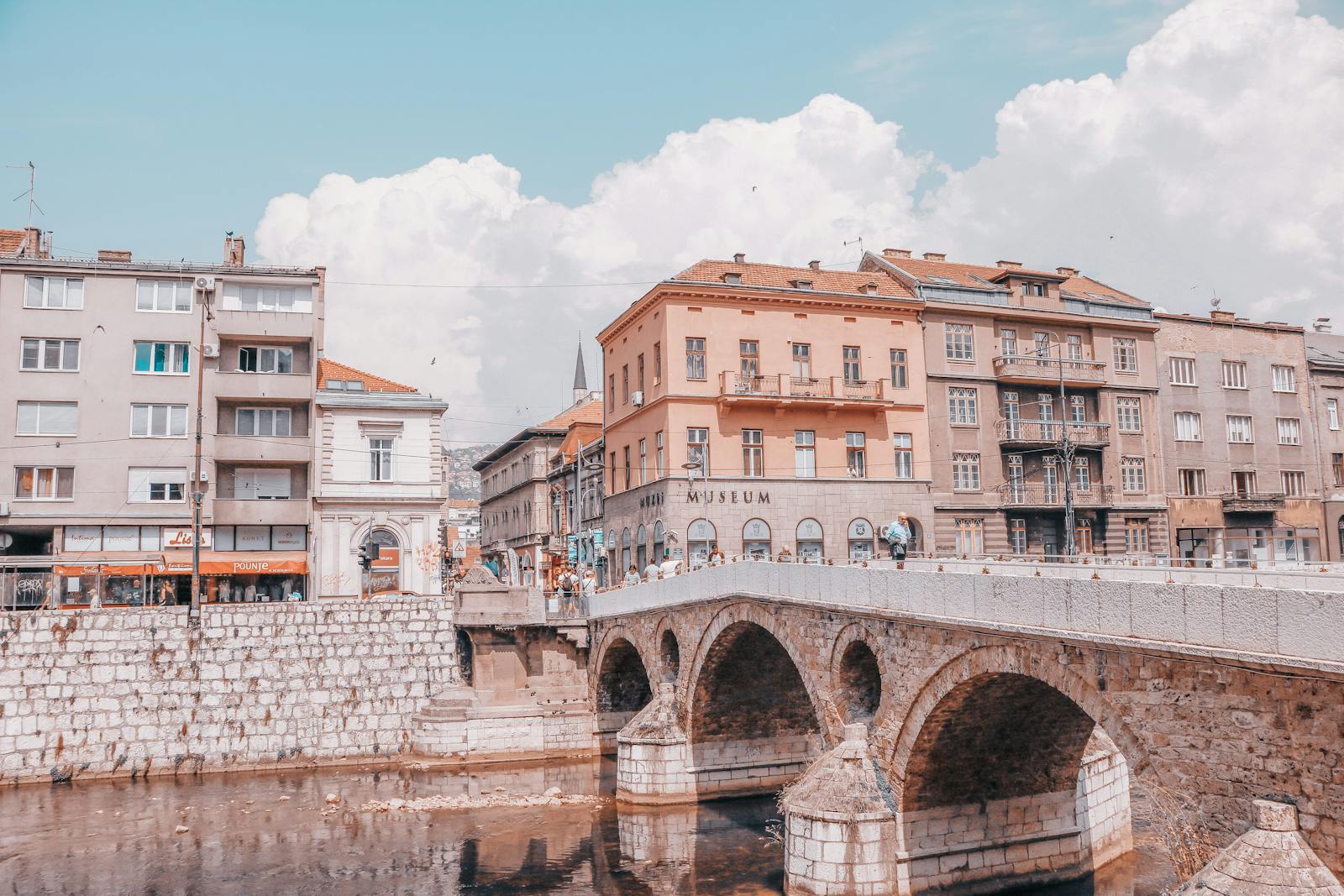
SARAJEVO, 30 August 2024 – In a critical step toward upholding democratic standards, the Organization for Security and Co-operation in Europe (OSCE) Office for Democratic Institutions and Human Rights (ODIHR) has officially opened an election observation mission in Bosnia and Herzegovina for the upcoming local elections scheduled for 6 October 2024. This initiative follows an official invitation from the national authorities and the results of a needs assessment mission conducted in May.
Heading the mission is Corien Jonker, who will lead a core team of 11 international experts based in Sarajevo. In addition, the mission will deploy 20 long-term observers throughout the country starting on 6 September. To bolster the observation efforts further, ODIHR plans to request an additional 300 short-term observers, who are expected to arrive several days prior to election day.
The primary objective of the mission is to assess the elections’ compliance with OSCE commitments, international obligations, and standards for democratic elections, as well as with the national legislation of Bosnia and Herzegovina. Observers will meticulously monitor key aspects of the electoral process, which includes both offline and online campaign activities, the performance of the election administration at all levels, the implementation of election legislation, and the overall respect for fundamental freedoms.
A significant focus will also be placed on evaluating the work of public and private media during the election period and monitoring the resolution of any election disputes that may arise. Additionally, observers will assess the implementation of previous ODIHR recommendations related to electoral processes in the region.
Integral to the observation mission is the engagement with a diverse array of stakeholders. This includes meetings with national authorities, representatives of political parties, civil society organizations, media entities, and members of the international community. Such interactions will provide vital insights into the electoral environment and the challenges faced during the election period.
To keep the public informed, the ODIHR will release an interim report approximately two weeks before the elections, detailing the mission’s observations and activities up until that point. Following the elections, a statement of preliminary findings and conclusions will be presented at a press conference the day after the polling. A comprehensive final report assessing the entire election process, complete with recommendations for future improvements, will be published in the months following the elections.
As Bosnia and Herzegovina approaches these crucial local elections, the ODIHR’s commitment to monitoring and assessing the democratic process underscores the importance of transparency and accountability in fostering a robust electoral environment.
Politics
German MEP Dennis Radtke takes on influential role in the European Parliament
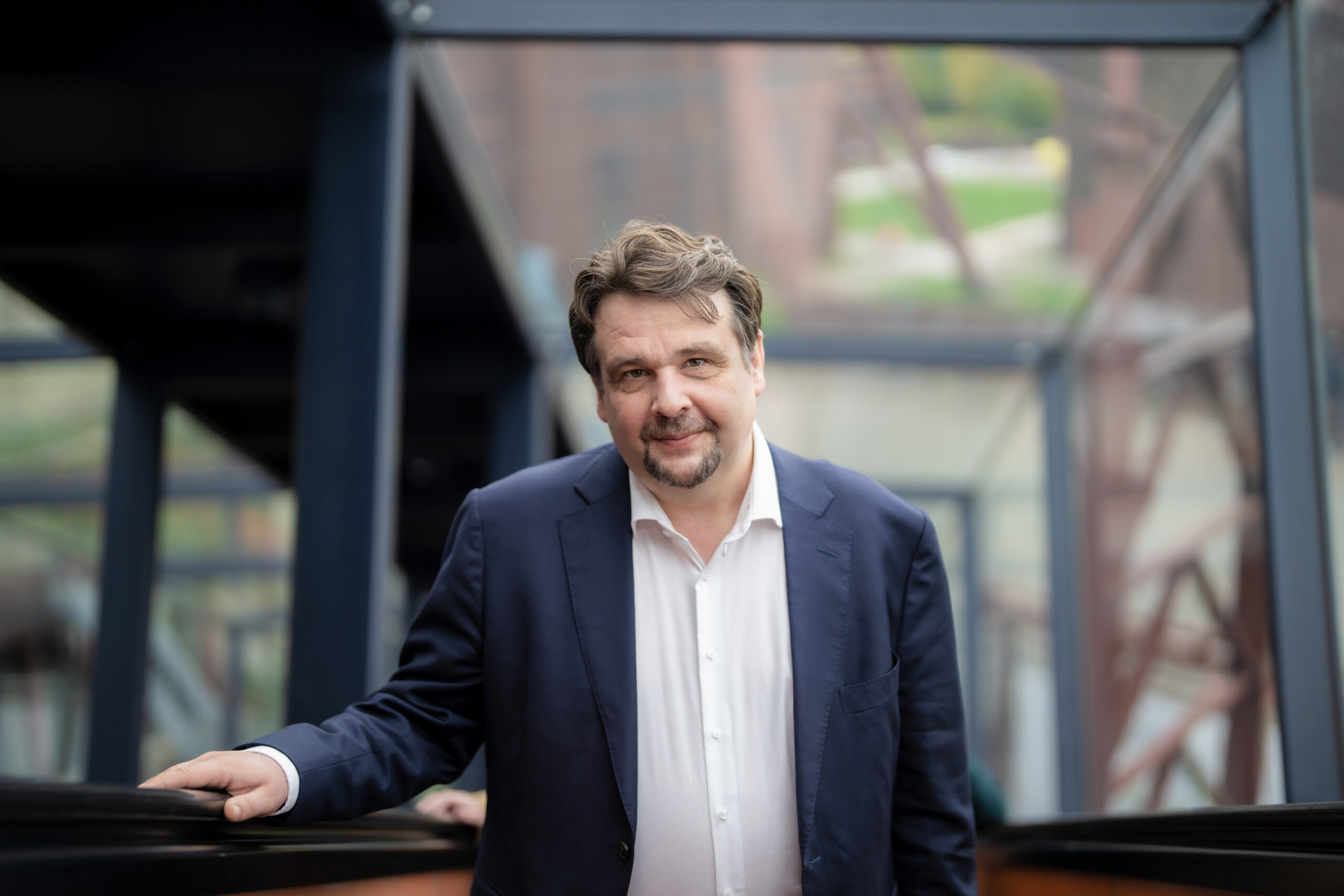
STRASBOURG/BRUSSELS/BERLIN/DÜSSELDORF/BOCHUM. Yesterday, Wednesday (17 July 2024), Dennis Radtke MEP from North Rhine-Westphalia (NRW) in Germany was confirmed as social policy spokesperson for the EPP Group in Strasbourg, where the European Parliament is being constituted this week.
“I am delighted to be able to continue to lead the EPP Group in the European Parliament’s Committee on Employment and Social Affairs (EMPL) and promote social policy issues,” said Dennis Radtke shortly after his election.
He also immediately formulated his clear ambition: “There is still a lot to do on the road to a more social Europe and we as the EPP Group want to play a leading role in this.”
According to the CDU politician, many projects have already been implemented: a European Minimum Wage, strengthening the rights of platform workers, social and climate funds and a European care strategy. “The great trust placed in me by my colleagues in the EPP Group motivates me strongly to continue actively working for a socially just Europe,” continued Radtke.
In his role as so-called coordinator of his political group, Dennis Radtke decides, for example, on the distribution of legislative and non-legislative reports and basically steers the work in the EMPL Committee.
One of Radtke’s next important projects for the new 10th parliamentary term of the European Parliament is to improve the protection of workers. “In its new mandate, the European Labour Authority (ELA) must be given every opportunity to enforce worker protection in the European Union, including across borders,” says the CDU politician.
Dennis Radtke is 45 years old, married and the father of two children. He comes from Wattenscheid (Bochum, Germany) and has been a member of the European Parliament since 2017. Radtke is a member of the Committees on Employment and Social Affairs (EMPL) and on the Environment, Public Health and Food Safety (ENVI).
The German CDU politician is President of the European Union of Christian Democratic Workers (EUCDW), Deputy Federal Chairman and North Rhine-Westphalian State Chairman of the Christian Democratic Workers’ Union (CDA), the CDU’s labour wing. At the CDA national conference on 14 and 15 September 2024 in Weimar (Thuringia), Dennis Radtke will run for the federal chairmanship of the CDA Germany in succession to Minister Karl-Josef Laumann MdL.
Politics
Roberta Metsola re-elected as President of the European Parliament
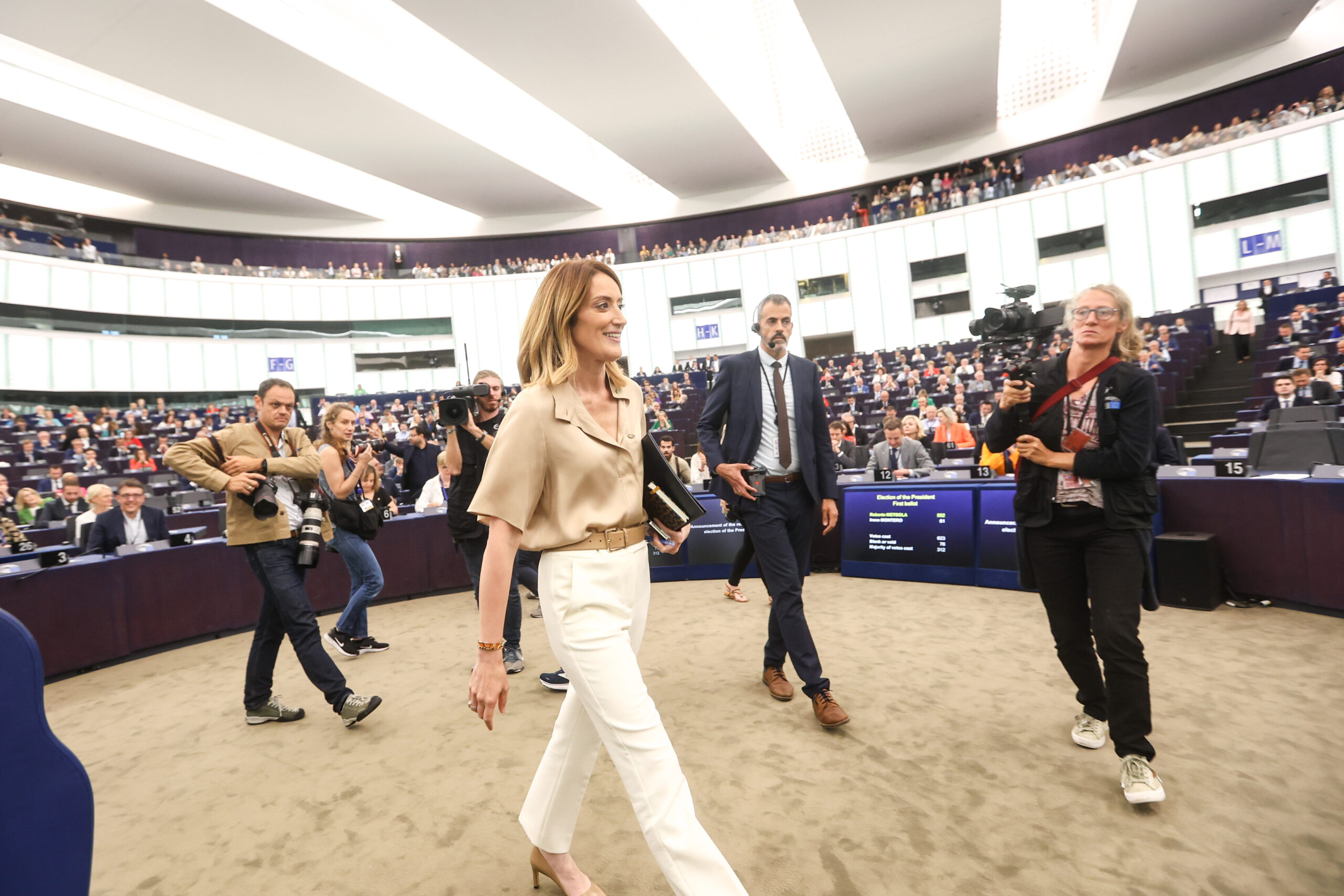
On Tuesday, MEPs re-elected Roberta Metsola (EPP, MT) as President of the European Parliament until 2027, with 562 votes in the first round.
Roberta Metsola won the election in the first round of voting, where she received an absolute majority of 562 votes cast out of 699 by secret paper ballot, among two candidates. She will continue to lead Parliament for the first two and a half years of the 10th legislative term.
Voting results
- Roberta Metsola (EPP, MT) 562
- Irene Montero (The Left, ES) 61
Total votes cast: 699
Blank or invalid votes: 76
Absolute majority needed: 312
Who is Roberta Metsola
Born in Malta in 1979, Roberta Metsola has been an MEP since 2013. She was elected First Vice-President in November 2020, and was Parliament’s acting President after President Sassoli passed away on 11 January 2022. On 18 January 2022, she was elected President for the second half of the 9th legislative term. She is the third female President of the European Parliament, after Simone Veil (1979-1982) and Nicole Fontaine (1999-2002).
Addressing the House after she was elected, President Metsola said: “Together, we must stand up for the politics of hope, for the dream that is Europe. I want people to recapture a sense of belief and enthusiasm for our project. A belief to make our shared space safer, fairer, more just and more equal. A belief that together we are stronger and we are better. A belief that ours is a Europe for all.”
A full version of the President’s address will soon be available on Parliament’s website.
-

 Sports5 days ago
Sports5 days agoOfficial: Juventus announces sixth purchase
-

 Sports6 days ago
Sports6 days agoInter on autopilot, everything easy with Lecce
-

 Health & Society5 days ago
Health & Society5 days agoThe intoxicated society
-
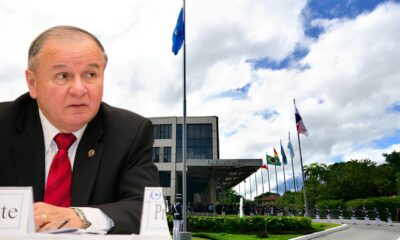
 Politics6 days ago
Politics6 days agoElias Castillo: A Stalwart of Latin American Legislative Leadership
-

 Sports6 days ago
Sports6 days agoGenoa passes in Monza with Pinamonti
-

 Sports4 days ago
Sports4 days agoBeautiful Juve: Vlahovic and youth rout Verona. Thiago Motta first
-

 Sports4 days ago
Sports4 days agoJuventus, Vlahovic: “Now we play a different game.”
-
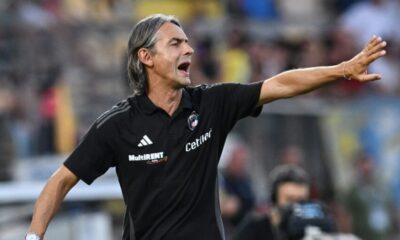
 Sports6 days ago
Sports6 days agoFilippo Inzaghi enjoys his Pisa









